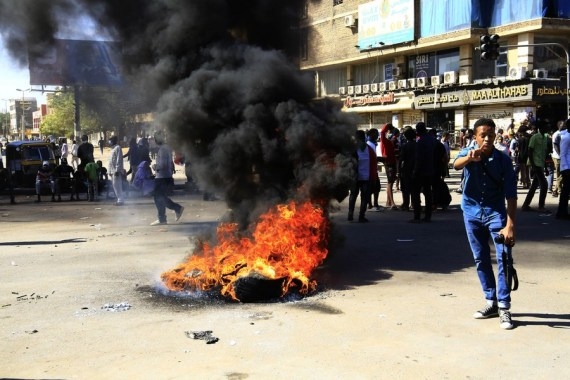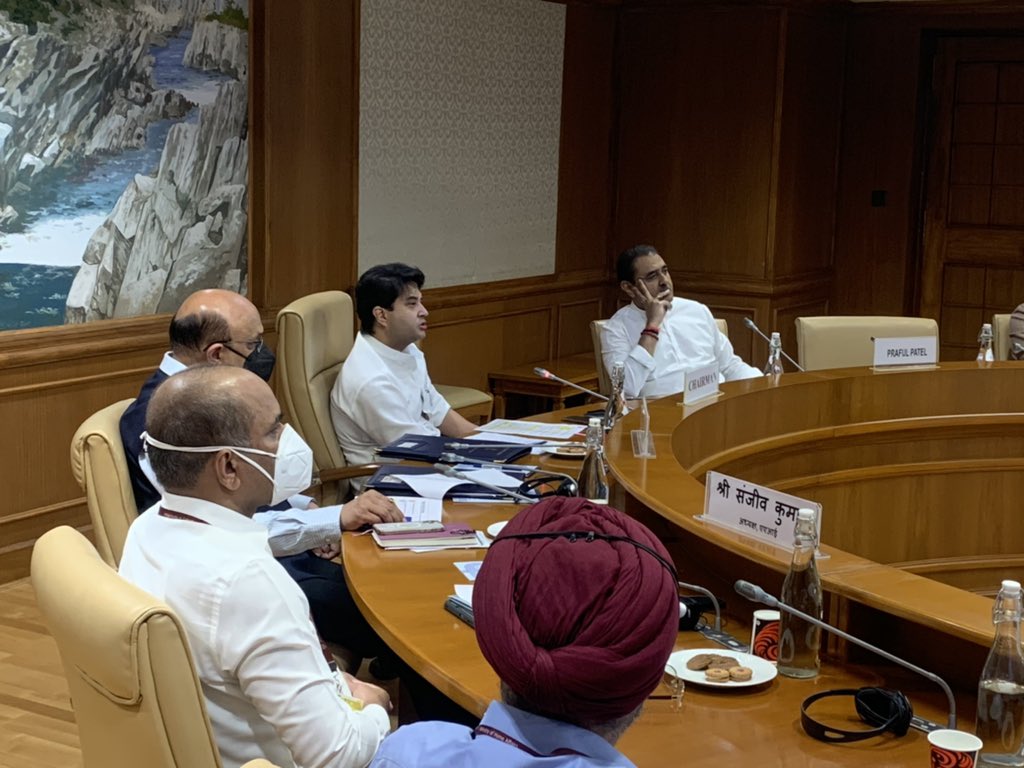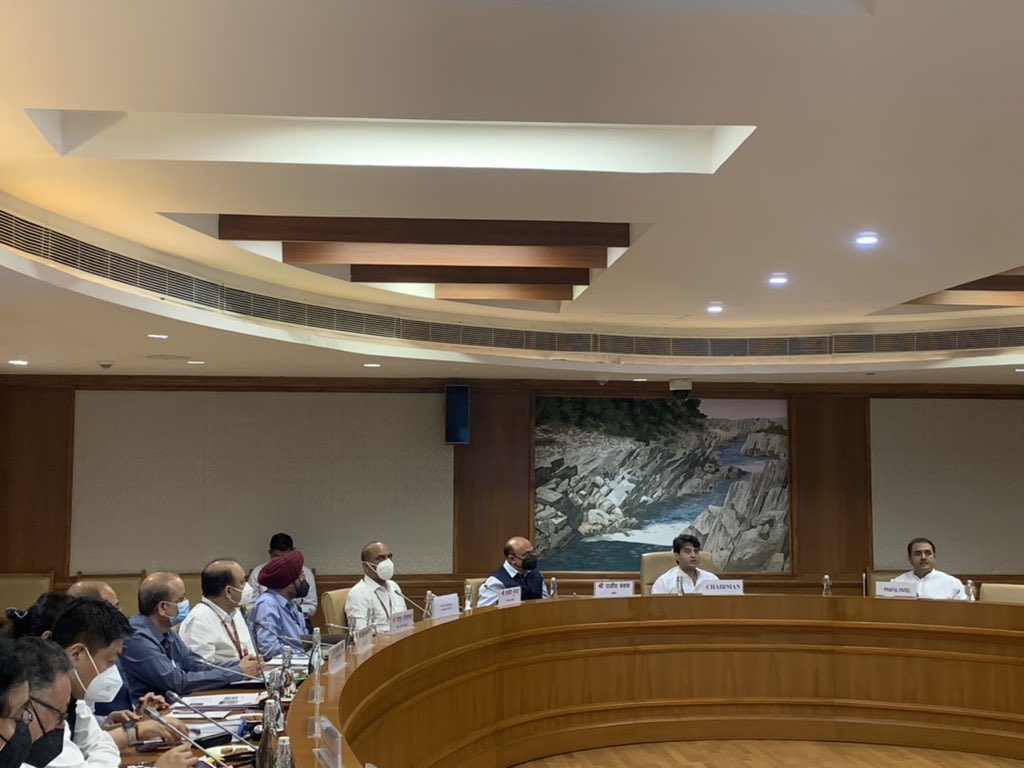In the same period, the hospital treated 787 patients for other medical conditions, including diabetes, respiratory infections, and hypertension and other cardiovascular diseases…reports Asian Lite News
Amid the ongoing violent conflict, Sudan’s Civil Aviation Authority has reopened the airspace in the country’s eastern sector.
“The Sudanese Civil Aviation Authority issued a notice to open the airspace for air traffic in the country’s eastern sector as of today,” said a statement by Khartoum International Airport.
The statement said the authority announced the launching of an alternative air navigation centre in the eastern city of Port Sudan.
Sudan’s airspace has been closed since the outbreak of the conflict between the Sudanese Armed Forces and the paramilitary Rapid Support Forces on April 15, as air navigation systems at Khartoum International Airport were affected by violent clashes near the airport.
Since then, Khartoum International Airport has been out of service.
To evacuate the country, diplomats and foreign nationals have used a small airport affiliated with the army’s Wadi Seidna Air Base in Omdurman City, northwest of the capital Khartoum.
Other countries used Port Sudan International Airport in the Red Sea State, more than 800 km east of Khartoum.
The deadly clashes have resulted in at least 3,000 deaths and more than 6,000 injuries, according to figures released by the Health Ministry.
Violence threatens hospitals
Al Nao hospital, the last operating health facility in Omdurman city northwest of the Sudanese capital Khartoum, is threatened by the escalating violence, Doctors Without Border (MSF) said.
“Violence is now escalating around Al Nao hospital, threatening patients and staff. Yesterday, shells landed to the north and southwest of the hospital,” the organisation said in a statement.
On days when the nearby fighting is at its heaviest, Al Nao mostly receives people injured by the violence, although it remains available for patients with other medical emergencies, it said.
It noted that the insecurity also affects hospital staff, as medics have to work double shifts when it is too dangerous for their colleagues to travel.
“As medics in Al Nao work round the clock, shells are landing nearby, causing yet more horror and threatening the hospital’s lifesaving work,” Frauke Ossig, MSF emergency coordinator in Sudan, said in the statement.
Ossig called on the fighting parties to spare civilians from the unacceptable violence and ensure the protection of hospitals and healthcare workers, warning that “if hospitals cannot function, there will be even more misery and suffering.”
From July 29 to August 11, the MSF staff at the Al Nao hospital worked alongside teams from the Sudanese Ministry of Health, providing emergency trauma care to 808 patients, 447 of whom had suffered injuries caused by gunshots, shrapnel from explosions, or stabbings, said the statement.
In the same period, the hospital treated 787 patients for other medical conditions, including diabetes, respiratory infections, and hypertension and other cardiovascular diseases.
Each day, the medical staff at Al Nao treated an average of 34 patients with violent trauma injuries, and 77 with other medical conditions, it said.
MSF supports eight hospitals in Khartoum state on both sides of the front lines, with staff working in hospitals in the cities of Khartoum and Omdurman.
In addition to Al Nao, MSF also provides care for wounded patients at Bashair Teaching Hospital and the Turkish Hospital in southern Khartoum.
ALSO READ-Violence imperils Sudan hospitals



